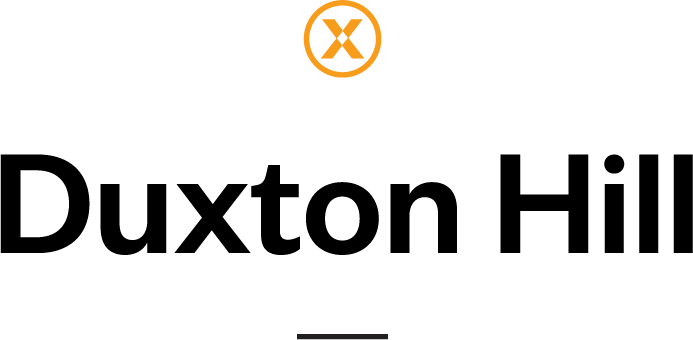As the COVID-19 pandemic continues, disruptions to the economy may trigger an increase in fraud and corruption risks for your organisation. The NSW Independent Commission Against Corruption (hereafter, the Commission) believes that increased levels of control and supervision of employees may be needed during these periods of economic decline to prevent acts of fraud such as cyber crime fraud, financial fraud and corporate fraud. In this post, our experts at Duxton Hill explain the risks associated with your organisation’s employees working from home, the increased risks of fraud and corruption during the COVID-19 outbreak, motivators for staff members to commit fraud and recommendations for how to prevent and reduce fraud and corruption risks.
Risks associated with employees working from home
Managing and supervising multiple staff members who are all working remotely is understandably difficult. There are more problems if staff members take sick leave or have to take care of a family member who is sick. However, protecting your organisation from various forms of fraud such as financial fraud, corporate fraud and employee fraud should be maintained as an area of priority. Employees who lack integrity may be more susceptible to participating in corrupt behaviour as they take advantage of this period of reduced control and supervision to breach procedures whilst working from home.
Employee motivations to commit fraud
The Fraud Triangle framework outlines 3 elements that explain why someone would commit fraud: financial pressure, opportunity and rationalisation. Staff members, suppliers or customers who are experiencing financial hardship may motivate them to engage in financial crimes. The COVID-19 pandemic may also reduce the effectiveness or level of functioning of preventive internal controls such as the segregation of duties, which provides opportunities for employee fraud and invoice fraud to be committed. Criminal activities may also be justified by the perpetrators when they attempt to neutralise the situation.
Fraud and corruption risks during periods of economic decline
During the 2008-2011 global financial crisis, the Commission received an increase in corruption-related complaints and corporate fraud increased significantly in countries that were affected by the financial crisis. Therefore it seems a higher risk of fraud and corruption is likely during times of economic downturn that organisations should account for. Reports of alleged misconduct have already been made recently with the Australian Competition and Consumer Commission reporting that in two weeks they have received 700 reports with losses amounting to $88,000. Given the current situation where most organisations are being affected by the economic decline, measures to reduce the risk of corruption and fraud should be made to protect organisational assets and information.
Recommendations for managing fraud and corruption risks
A recent paper by the Commission posted on the website of the Australian Institute of Professional Investigators (https://www.aipi.asn.au/investigative-reading-material/) recommends organisations take measures to introduce anti-corruption controls. Organisations should make regular contact with their employees to ensure they do not feel isolated and are safe. Remote working policies should also be considered. Security of offices and warehouses or other premises should also be reviewed and if necessary bolstered while staff work remotely. The COVID-19 crisis has also led to a rise in cyber frauds with cybercrime lawyers working with organisations to investigate fraud cases and cyber breaches. Organisations should remind staff to be vigilant using email, particularly if they receive requests to change user details, confidential information, or payment particulars. Only emails from trustworthy sources should be opened. Links to external sites contained within emails should not be accessed without extreme care.
How Duxton Hill’s expert fraud investigators and fraud lawyers can help
If you believe you have fallen victim to fraud, do not hesitate to contact the experienced fraud investigators and specialist fraud lawyers at Duxton Hill for advice immediately. Our team of specialised lawyers here in Melbourne are dedicated to helping victims of fraud and those accused of fraud to understand the variety of claims or defences available. Our team consists of criminal defence lawyers, asset protection lawyers and cybercrime lawyers that help our clients with achieving positive outcomes. If you are considering reporting fraud and need the assistance of fraud investigators and fraud lawyers, contact Duxton Hill lawyers.
